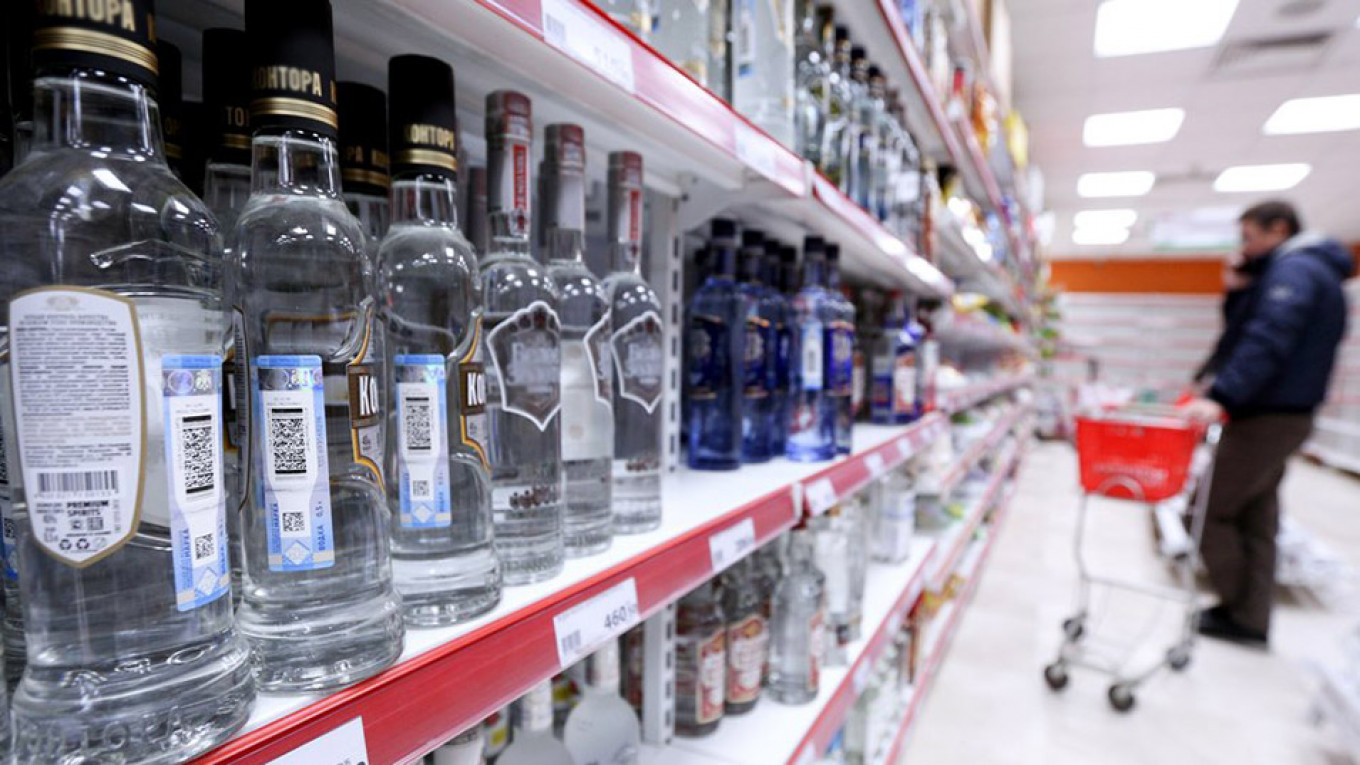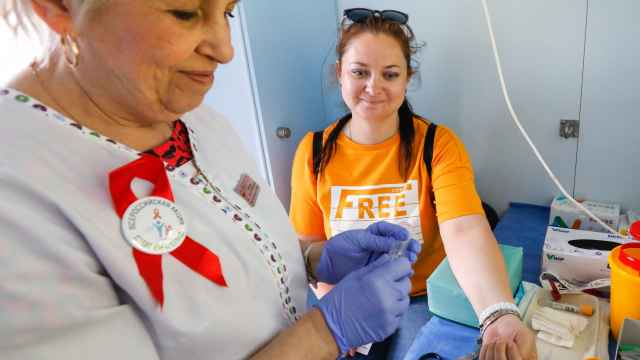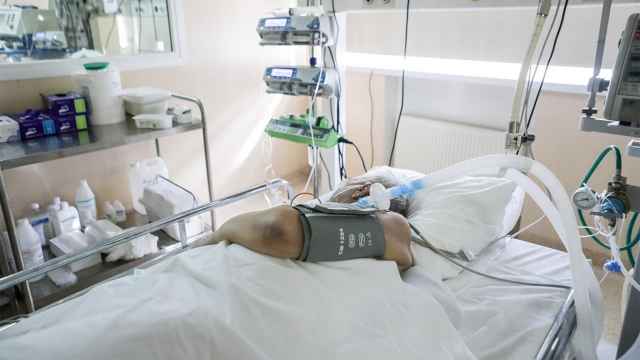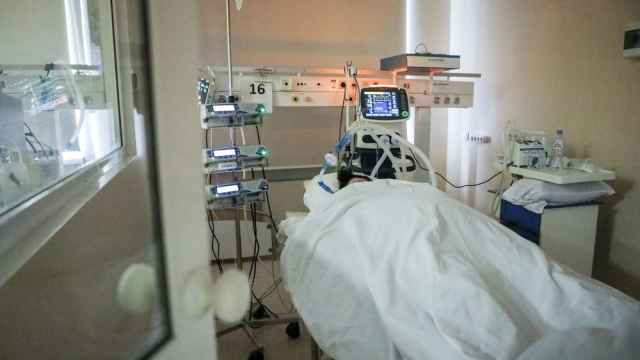Russia could raise the legal drinking age to 21 from 18 and restrict alcohol sales in residential areas this year, according to the RBC news website.
The change would be part of President Vladimir Putin’s ambitious plan to overhaul Russia’s economy by the end of his last term in office. The total spend will be $391 billion including almost $26.5 billion in healthcare.
According to proposals debated ahead of an advisory presidential state council meeting planned for April, the increase in the legal drinking age could become effective as early as Dec. 1 2019, and alcohol sales could be restricted in residential areas and restaurants by the same date.
Putin set up the advisory council in 2000 based on similar councils used in Soviet and pre-revolutionary times.
Other potential health initiatives include slapping more taxes companies that sell alcohol and tobacco, as well as introducing excise duties on foods with excess sugar and salt.
Employers could also contribute toward fees for staffers’ gym memberships, and banks could extend health-related benefits to those who obtain auto insurance, RBC reported.
A Message from The Moscow Times:
Dear readers,
We are facing unprecedented challenges. Russia's Prosecutor General's Office has designated The Moscow Times as an "undesirable" organization, criminalizing our work and putting our staff at risk of prosecution. This follows our earlier unjust labeling as a "foreign agent."
These actions are direct attempts to silence independent journalism in Russia. The authorities claim our work "discredits the decisions of the Russian leadership." We see things differently: we strive to provide accurate, unbiased reporting on Russia.
We, the journalists of The Moscow Times, refuse to be silenced. But to continue our work, we need your help.
Your support, no matter how small, makes a world of difference. If you can, please support us monthly starting from just $2. It's quick to set up, and every contribution makes a significant impact.
By supporting The Moscow Times, you're defending open, independent journalism in the face of repression. Thank you for standing with us.
Remind me later.






